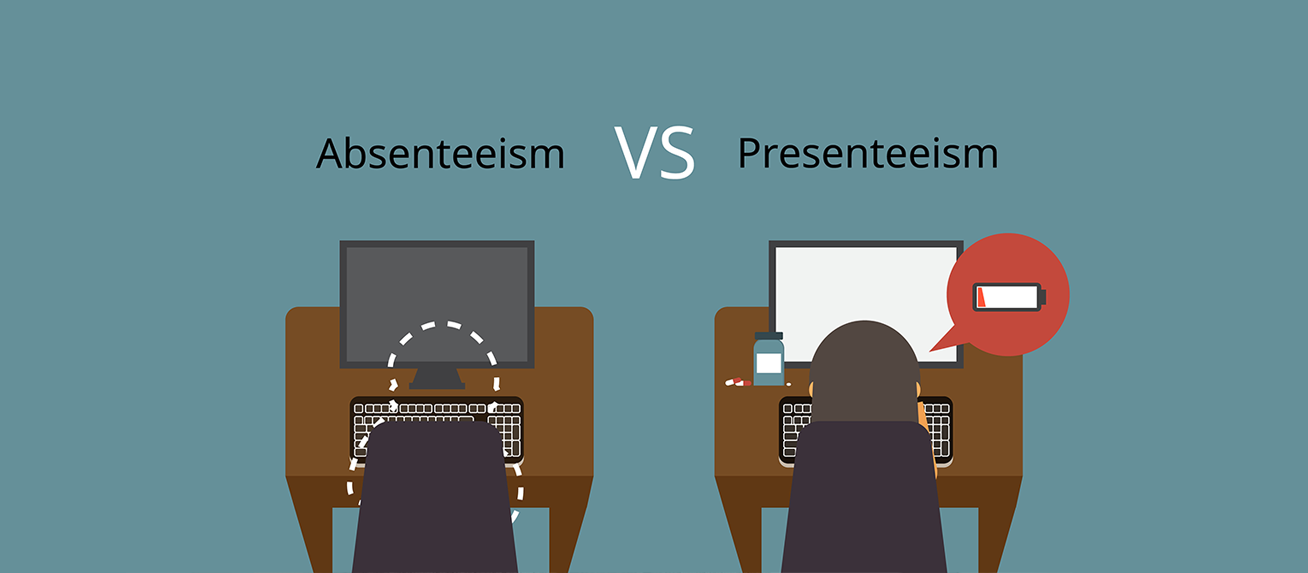Wellness tip: Embracing Connection: Why Being Social in Winter Boosts Wellbeing
Winter can tempt us into hibernation mode, less sunshine, colder days, and the pull to stay indoors.
1 min read
 Sample HubSpot User
March 31, 2025
Sample HubSpot User
March 31, 2025

Our brains are wired to focus on the negative, a survival instinct designed to keep us alert to danger.
But in modern life, this negativity bias can leave us dwelling on problems and overlooking the good. The antidote?
Gratitude
Practicing gratitude helps shift your mindset, training your brain to notice and appreciate the positives.
Research shows that regularly acknowledging what you’re grateful for can boost mood, reduce stress, and even improve sleep. It’s a simple but powerful way to rewire your thinking for greater happiness and resilience.
Start small
Each day, take a moment to reflect on three things you appreciate, big or small. It could be a supportive friend, a good cup of coffee, or simply the sunshine on your morning walk. Writing them down strengthens the habit, making gratitude a natural part of your thought process.
Gratitude doesn’t mean ignoring challenges
It means balancing your perspective, acknowledging struggles while also recognising what’s going well. Over time, this practice helps you feel more optimistic, grounded, and emotionally strong.
By choosing gratitude, you’re not just changing your thoughts, you’re changing your brain. And that shift can make all the difference in how you experience life.

Winter can tempt us into hibernation mode, less sunshine, colder days, and the pull to stay indoors.

Presenteeism is showing up at work despite being physically unwell, mentally exhausted, or emotionally burnt out.

Breaking the cycle of conflict requires intention and three core skills: reflective listening, self-awareness, and assertive communication.